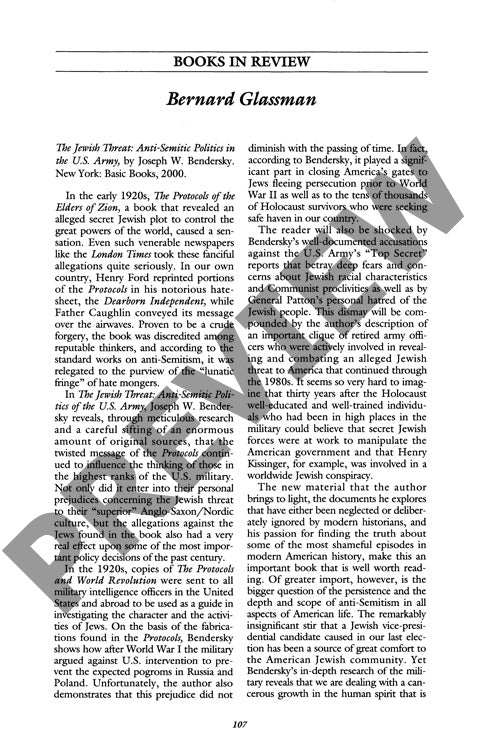Book Reviews
Couldn't load pickup availability
In 1949, as Jewish scholars grappled with profound theological and historical questions in the aftermath of the Holocaust, three pivotal book reviews emerged that would shape critical discourse in Jewish studies. Through qualitative analysis of review content, the complex interplay between institutional anti-Semitism, collective memory, and religious education comes sharply into focus. Close textual examination of Bendersky's military history, Schacter's psychological research, and Gillman's theological guide reveals persistent challenges facing post-Holocaust Jewish scholarship. The reviews demonstrate how anti-Semitic influences, particularly from sources like "The Protocols of the Elders of Zion," shaped U.S. military policy and immigration practices well beyond World War II. Schacter's exploration of memory's subjective nature offers historians and theologians vital insights into how communities reconstruct their past to serve present needs. Meanwhile, Gillman's theological work addresses a critical vacuum in Jewish religious instruction, advocating for deeper philosophical engagement with fundamental questions of faith and practice. Together, these reviews illuminate how post-Holocaust Jewish scholarship demanded new methodological approaches to address both historical trauma and contemporary spiritual needs, while maintaining a delicate balance between critical inquiry and religious authenticity.

More Information
-
Physical Description
-
Publication Information
Published 2001
ISBN
-
Publication Credits
Bernard Glassman

